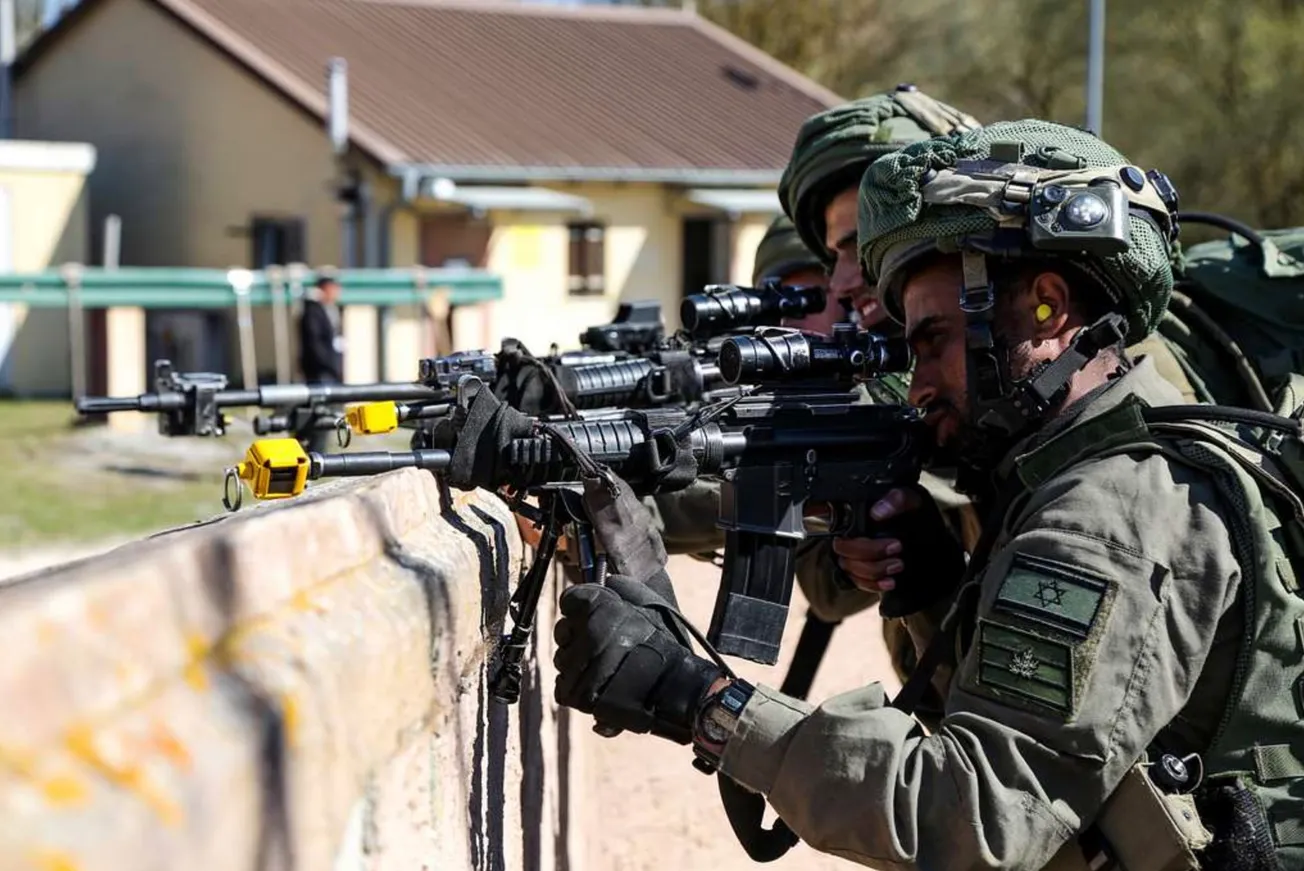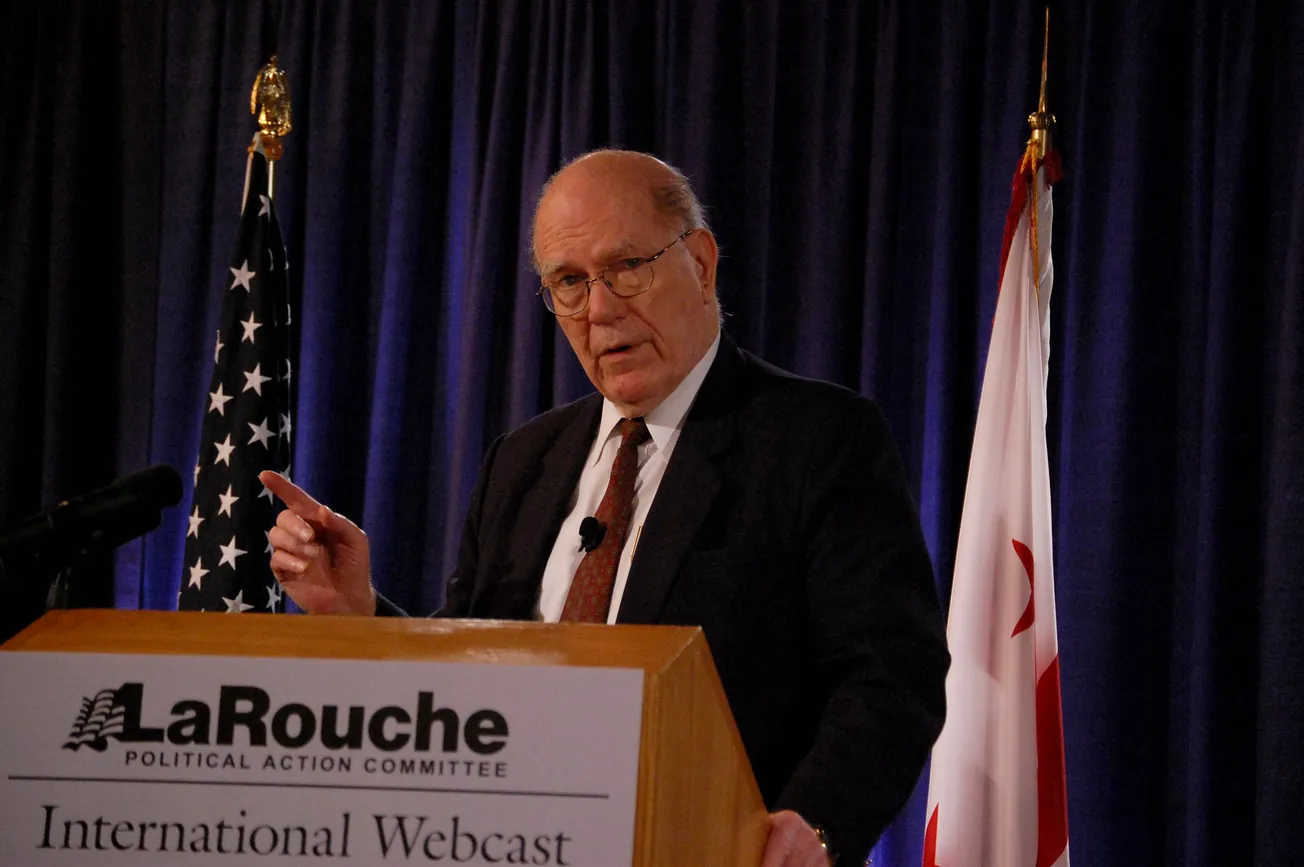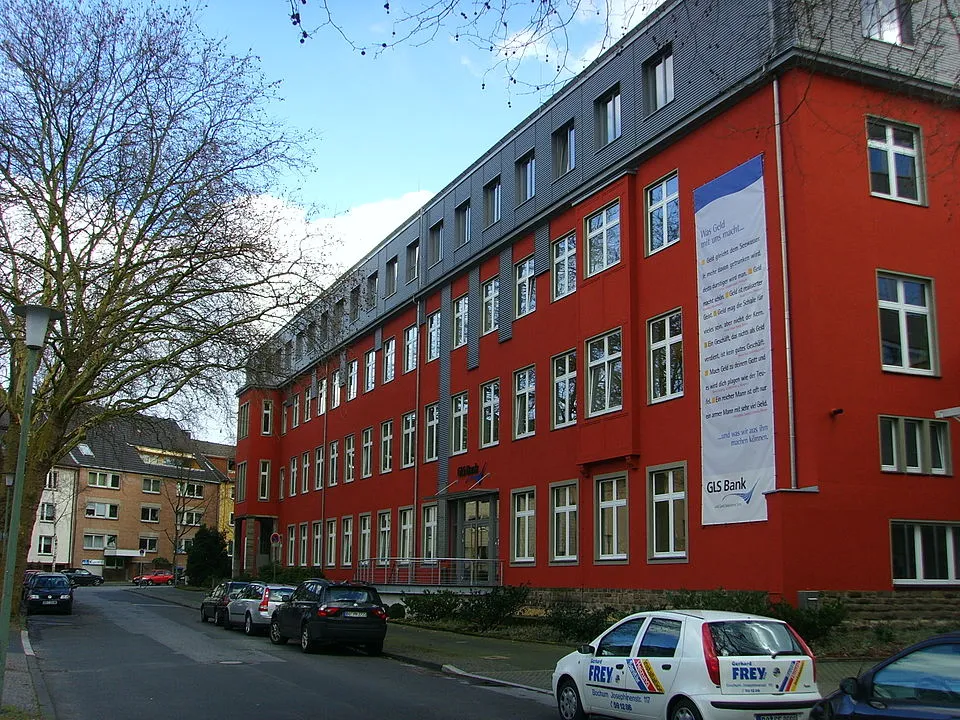Today, high-ranking advisors to Chancellor Olaf Scholz and state secretaries from various federal ministries will be looking for military ammunition in the Chancellor’s Office. Representatives from industry are expected to help them. This is because the German armed forces have a huge shortage of ammunition. To remedy this, the government in Berlin wants to invest more than €20 billion. But, so the story goes in the Chancellor’s office, industry cannot supply that at all, at least in the short term. This the nemesis from more than two decades of “just in time” approaches to the needs of the German armed forces—there has been no place left for storage. By contrast, Russia has expanded its production of ammunition over the past years continuously, and is not, as claimed by British military intelligence, running out of stuff. Germany, critics have warned, is in high danger of running out of ammunition after only two days of war, if present arsenals are not filled up quickly.
Millions of rounds of ammunition, thousands of anti-tank mines, anti-tank missiles and anti-aircraft missiles have been supplied by the German government to its partners in Kiev. This has emptied the already-reduced arsenals. Germany has supplied Kiev with, among other things, self-propelled howitzers 2000 and multiple rocket launchers Mars II, it must also supply the ammunition for them. The same applies to the missiles for the Iris-T SLM air defense system, which Ukraine received from Germany but which the Bundeswehr does not have—and thus also no ammunition.
The German defense industry has actually cut back on the production of weapons systems and ammunition in recent years, because hardly any orders have come in from the most important customer, the Bundeswehr. The much praised state-of-the art air defense system Iris-T SLM was developed by the manufacturer Diehl at its own risk, without a contract from the German government. That is why, according to the Chancellor’s Office, the company can only produce two units a year. It is obvious that huge quantities of ammunition cannot be produced for this small number—especially since the unit price per missile is €1 million.





